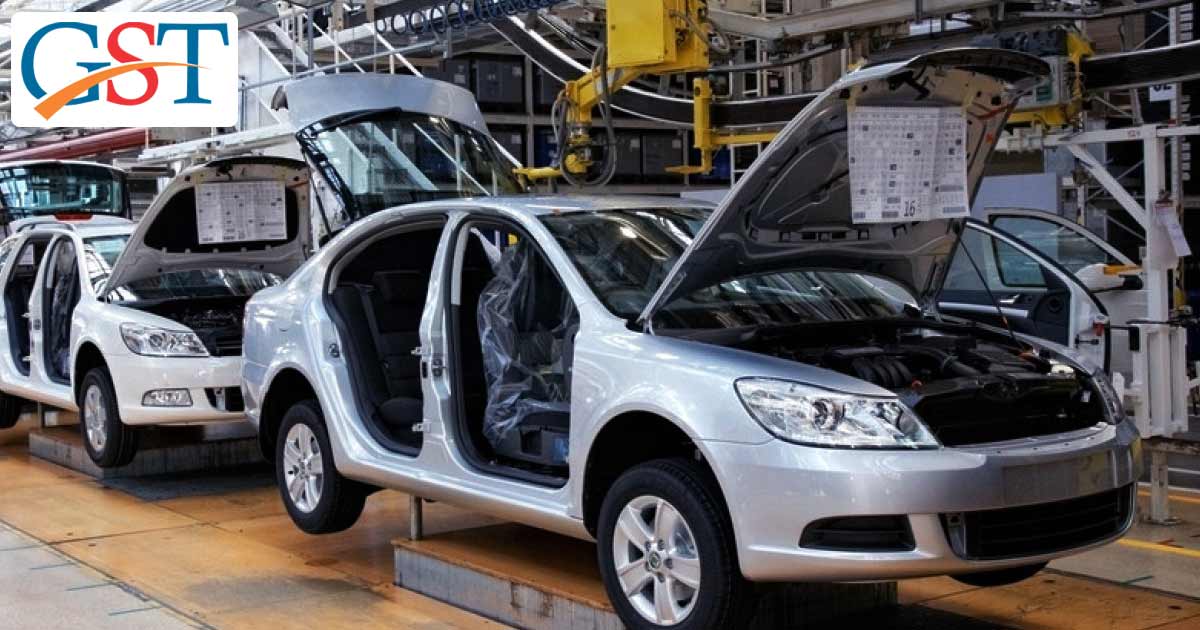In a recent study, it is found that the small and medium-sized companies in the auto components industry are facing a stiff situation under the GST regime. These companies are struggling with post GST shortage of working capital and high tax rates on various components while lower ITC to claim to make it overall higher output cost.
Also, it is noticed that many of the companies have started evading GST due to the tuff compliance and loss-incurring transactions. On an average, 40 percent of auto components are in the higher tax bracket i.e. 28 percent GST.
Read Also: Goods and Services Tax Impact on Automobile & Spare Parts Industry
An auto components manufacturing director stated that “ITC for the SMEs on 18 percent translates to a higher output cost, which are hurting the small companies and the requirement for working capital has increased due to delayed payment by the client.”
Accordingly, the company can claim ITC up to 18 percent but have to give 28 percent of its sales proceeds towards the taxes leading to a higher tax outgoing.
In a larger scenario, SMEs are struck through the working capital as the clients take around 3 months for payment.
The issues may have infused GST evasion amounting to lakhs of rupees across India, which must be noted down by the government as soon as possible. The fake bill system has engulfed all the small business which have found the way to trick the GST officials for saving taxes.
It is said that auto components of electric vehicles are also in the higher tax bracket i.e. 18 and 28 percent GST. While the government is trying to push EV promotions across the nation, it is a need of the hour to drop down tax rates of components related to the electric category at least.
